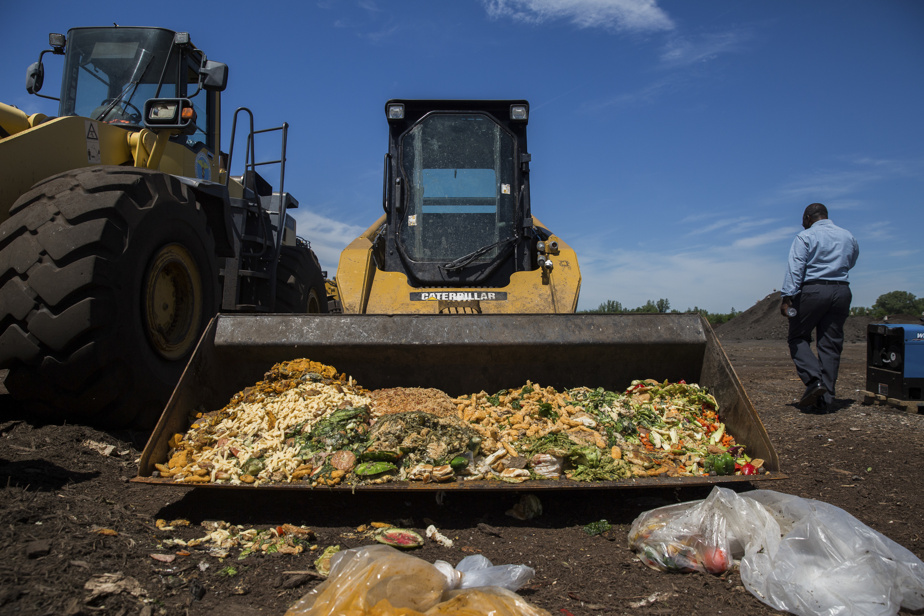From field to fork to landfill, food waste is responsible for what proportion of greenhouse gas (GHG) emissions that come from food systems?
Half. The entire food production chain would represent approximately one third of global greenhouse gas (GHG) emissions. In the most recent issue of the scholarly journal Nature Food, researchers calculated that in 2017, emissions from wasted or lost food accounted for half of that, or 9.3 gigatonnes of CO2 equivalent.
At the take-out counter, compostable containers and packaging are often considered the green solution to plastic containers. However, according to a Toronto study just published in the scientific journal Environmental Science and Technology Letters, such food packaging often contains per- and polyfluoroalkyl substances (PFAS), better known as “eternal chemicals”. PFAS are used in packaging to be resistant to fats and liquids. PFAS are singled out for their harmful effects on human health and the environment. Their chemical composition means that even when composted, PFAS will not disintegrate.
After spending five months aboard the SpaceX CRS-27, an unusual cargo recently returned to Earth: seeds. The Food and Agriculture Organization of the United Nations will study the effects of cosmic radiation and temperature extremes on sorghum, a grain grown in Asia and Africa, and Arabidopsis, a watercress. The goal of the project is to develop resilient crops in times of climate crisis. Plant analysis will help understand “whether harsh spatial conditions have an extremely valuable effect for crop improvement and could potentially benefit people on Earth,” FAO said.
Spain has been hit for months by a historic drought that is hurting farmers. According to business media Financial Times, the lack of rain has driven the price of Spanish olive oil up 60% since June 2022, a record high. The impact is likely to be felt so far, as Spain is the world’s largest exporter of green gold. The crisis worsened this week with an early heat wave: in several regions, the mercury approached 40°C, a highly unusual situation in April. The Spanish government even had to ask the European Commission to release its agricultural “crisis reserve”.
A simple lecture on the impacts of a carnivorous diet on global warming can have a lasting effect on food choices. This is demonstrated by an experiment conducted at an American university, the results of which have just been published in Nature Food. The researchers recruited 213 students. Half attended a 50-minute talk on GHG emissions from meat consumption in 2017. The researchers then analyzed 100,000 meals purchased by cafeteria attendees. The result: Over three years, those who attended the conference reduced their meat consumption by an average of 5.6%.

